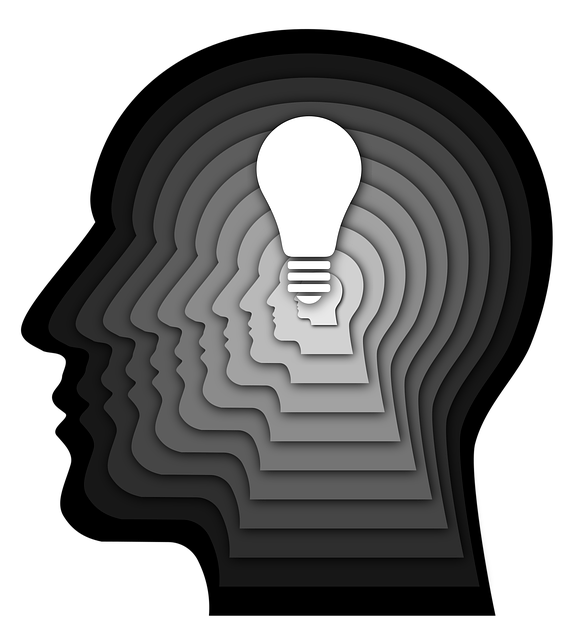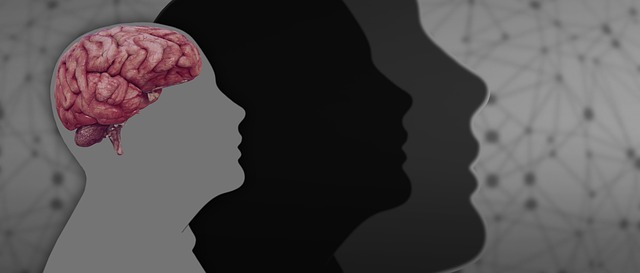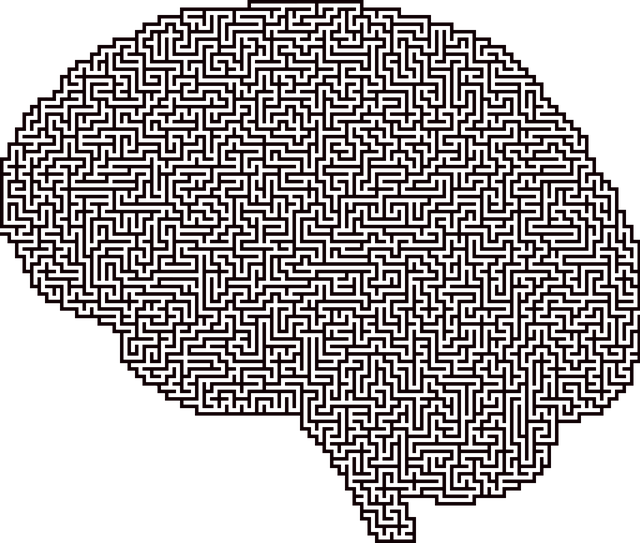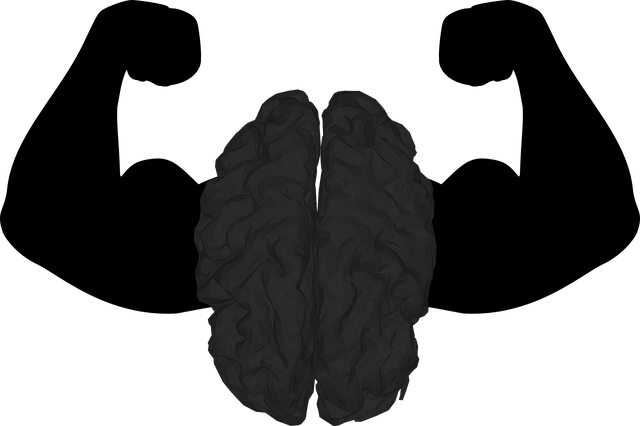Understanding mental health is key to developing effective self-assessment tools, especially for conditions like Northglenn Oppositional Defiance Disorder (NODD). These tools empower individuals to track thoughts, feelings and behaviors, fostering agency over their mental well-being. A holistic approach, integrating self-care practices, NODD therapy, coping skills development, and depression prevention, offers tailored strategies for managing defiance and promoting healthier mechanisms. Validated assessment frameworks, guided by research and user feedback, ensure effectiveness and reliability in targeting specific conditions like NODD Therapy, with continuous improvement based on emerging trends and best practices.
Mental wellness self-assessment tools play a pivotal role in empowering individuals to take charge of their mental health. This article delves into the development of such tools, beginning with understanding mental health and its foundational importance. We explore specific challenges like Northglenn Oppositional Defiance Disorder (NODD) therapy, highlighting the need for tailored assessments. Key components of comprehensive frameworks are dissected, followed by strategies for implementing, researching, and continuously improving these tools to enhance mental wellness outcomes, particularly for NODD patients.
- Understanding Mental Health and Self-Assessment: A Foundation for Effective Tools Development
- Identifying Specific Challenges: The Role of Northglenn Oppositional Defiance Disorder (NODD) Therapy
- Creating Comprehensive Assessment Frameworks: Features and Components
- Implementation, Research, and Continuous Improvement Strategies for Self-Assessment Tools
Understanding Mental Health and Self-Assessment: A Foundation for Effective Tools Development

Understanding mental health is a fundamental step in developing effective self-assessment tools. Mental wellness encompasses various aspects, including emotional stability, cognitive function, and overall psychological well-being. Self-assessment plays a pivotal role in identifying potential issues and tracking progress. It allows individuals to gain insights into their thoughts, feelings, and behaviors, fostering a sense of agency over their mental health.
For instance, tools designed to address Northglenn Oppositional Defiance Disorder (NOD) therapy can benefit from self-assessment features that help patients recognize disruptive patterns. By integrating self-care practices like burnout prevention strategies for healthcare providers or establishing a consistent self-care routine development for better mental health, these tools can empower users to manage their conditions effectively. Self-care is not just a luxury but an essential component of maintaining good mental health, as highlighted by various self-care practices that promote holistic well-being.
Identifying Specific Challenges: The Role of Northglenn Oppositional Defiance Disorder (NODD) Therapy

Identifying Specific Challenges is a crucial step in developing effective mental wellness self-assessment tools. One such challenge lies in addressing Northglenn Oppositional Defiance Disorder (NODD), a condition characterized by persistent defiant and hostile behavior. NODD Therapy plays a pivotal role here, offering strategies tailored to counteract these behaviors and foster healthier coping mechanisms. By integrating insights from NODD Therapy, self-assessment tools can enhance their efficacy in screening and supporting individuals with similar oppositional tendencies.
This approach is particularly beneficial for youth, as early intervention through such tools can significantly impact long-term mental wellness. Furthermore, the development of Coping Skills Development within these assessments is essential, aiming to equip users with practical strategies to manage stress, anger, or other emotions that often underlie oppositional behaviors. Additionally, considering Depression Prevention mechanisms in tandem with NODD Therapy ensures a holistic approach, addressing not just external defiance but also internal emotional states. The production of Mental Wellness Podcast Series can complement these tools by providing accessible resources and real-world examples, reinforcing positive behavioral changes discussed in therapy sessions.
Creating Comprehensive Assessment Frameworks: Features and Components

In developing comprehensive assessment frameworks for mental wellness, it’s crucial to incorporate diverse components that cater to a wide range of psychological needs. These frameworks should include multidimensional measures to accurately assess various aspects of mental health, such as emotional regulation, cognitive function, and behavioral patterns. For instance, tools designed to address Northglenn Oppositional Defiance Disorder (ODD) therapy should not only evaluate symptoms but also consider environmental factors, coping strategies, and support systems. A holistic approach ensures that the assessment is meaningful and beneficial for individuals seeking mental wellness services.
The ideal framework should incorporate validated questionnaires, clinical interviews, and observational techniques to gather a comprehensive view of an individual’s mental state. Additionally, integrating components from Public Awareness Campaigns Development, Mental Health Policy Analysis and Advocacy, and Mental Health Education Programs Design can enhance the assessment’s cultural sensitivity and community relevance. By combining these elements, professionals can create robust tools that not only diagnose but also guide personalized interventions, ultimately promoting better mental health outcomes.
Implementation, Research, and Continuous Improvement Strategies for Self-Assessment Tools

The development of self-assessment tools for mental wellness is an ongoing process that requires strategic implementation and continuous improvement. Research plays a pivotal role in ensuring these tools are evidence-based, accurate, and culturally sensitive. By utilizing scientific methodologies, professionals can validate the effectiveness and reliability of the assessments, targeting specific conditions like Northglenn Oppositional Defiance Disorder (NODD) Therapy. Regular research updates help adapt tools to emerging trends and best practices in mental health care.
Moreover, integrating user feedback and outcomes data is essential for continuous improvement. This involves collecting and analyzing responses from individuals who use the self-assessment tools to identify areas of success and potential gaps. Organizations like Stress Management Workshops can facilitate this process by offering programs that teach users how to interpret results and develop personalized strategies. Similarly, Mental Wellness Coaching Programs Development initiatives can enhance the tool’s utility by pairing assessments with actionable guidance tailored to individual needs. Risk Management Planning for Mental Health Professionals should also be considered to ensure safe and effective use of self-assessment tools.
The development of mental wellness self-assessment tools is a multifaceted process, as evidenced by the exploration of Northglenn Oppositional Defiance Disorder (NODD) Therapy and comprehensive assessment frameworks. By understanding the foundational principles of mental health and employing evidence-based strategies, we can create effective tools that facilitate early intervention and support individuals in their journey towards well-being. Continuous research and improvement are vital to ensuring these tools remain relevant and beneficial, ultimately enhancing access to quality mental healthcare for all.














